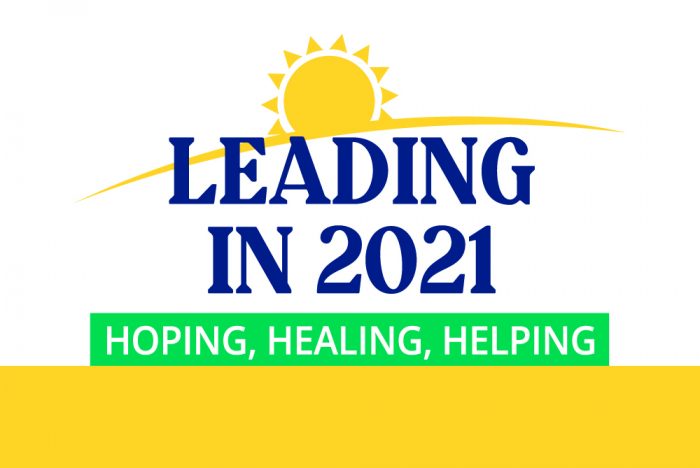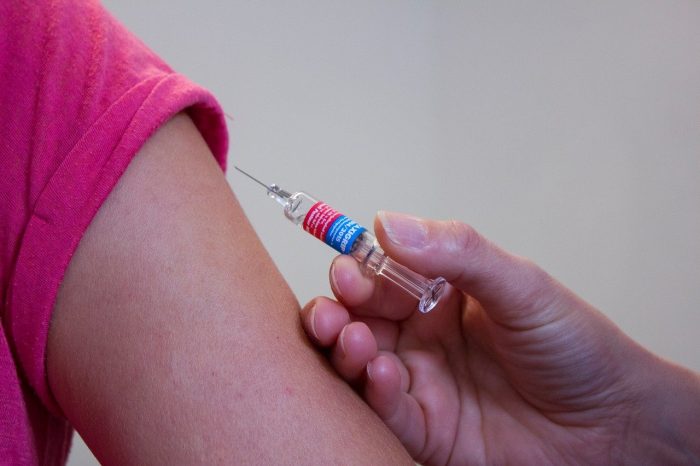Why Isn’t Pennsylvania Spending Most of Its Federal Stimulus Money? Democrats Cry Foul
Source: GoErie, Oct. 25, 2021
The fight in Harrisburg over Pennsylvania’s estimated $7 billion nest egg from surplus and pandemic relief funds shows no signs of ending as Democrats continue arguing that a portion should be spent now.
Republicans, meanwhile, are warning against depleting reserves for an uncertain future.
Pennsylvania received more than $7 billion under the American Rescue Plan and brought in a surprising $2.5 billion in additional sales tax revenue over the past year.
In the current state budget for the fiscal year that started July 1, the Republican-led General Assembly put $2.5 billion in the state’s dwindling “rainy day” fund that would finance state government in times of fiscal crisis.
After spending a portion of the funding, Republicans decided — over Democratic objections — to keep more than $5 billion in reserves, saying that it would help offset looming deficits in the next few annual budgets estimated to total as much as $8 billion.
Senate Democratic Leader Jay Costa of Allegheny County said the state is sitting on $5.5 billion now and with the state’s economy emerging out from under COVID-19 restrictions, the surplus could grow to nearly $7 billion by the end of the fiscal year June 30.
“By no means do we need to be hoarding $7 billion by June 30,” said Costa, who said he believes that Republicans are inflating the expected deficit levels to justify not spending funds now to help Pennsylvanians.
The money fight comes ahead of a critical election year in 2022, when all legislative seats will be on the ballot along with the governor’s seat and the U.S. Senate seat being vacated by Sen. Pat Toomey, a Republican.
House Democratic Leader Joanna McClinton of Philadelphia said it has been “frustrating” to watch neighboring states such as Ohio and New Jersey use their relief funds while a bulk of Pennsylvania’s sits untouched.
“We’d rather do things that would spur our economy,” she said.
Republican leaders have been steadfast in their stance that the reserves should not be depleted, claiming Democrats want to spend now while ignoring potential deficits that could cripple any economic recovery.
“While Pennsylvania – like much of the nation – is impacted by federal policies that have led to increased inflation, high unemployment, and economic uncertainty, it is frustrating some in the commonwealth continue to advocate for spending all the federal stimulus dollars immediately,” House Majority Leader Kerry Benninghoff of Centre County said in a statement to the USA TODAY Network’s Pennsylvania State Capital Bureau.
Democrats offer own plan
In May, Democrats released their own blueprint for how to spend the relief money and deemed it the Pennsylvania Rescue Plan.
Highlights from that proposal include:
- $511 million to train and pay direct care workers.
- $500 million to create jobs and help local economies.
- $250 million each for businesses unable to remain open or work remotely because of COVID-19, property tax and rent relief, affordable housing, hazard pay for frontline essential workers and a paid sick and family leave program
Costa said jumpstarting small businesses and getting people back to work remain priorities as does COVID-19 vaccine education, local economic growth and transportation.
That includes the Pennsylvania Turnpike Commission no longer being obligated to pay $400 million annually to PennDOT to help fund transit projects, leaving the state on the hook to replace that funding.
McClinton said Democrats aren’t intent on spending the entire nest egg: There would still be several billion dollars left to meet any future fiscal shortfalls if their spending plan was enacted.
“We definitely don’t want to waste away this one-time, major, once-in-a-lifetime investment. We want to save some as well,” she said, “but, the key is to not spend any of it? It’s just very selfish and it’s reckless because there are people who can benefit from it, even a small part of it.”
Referring to Democrats, Benninghoff said, “It is clear they have no plan to get Pennsylvania back on its feet other than throwing taxpayer dollars at problems without a path forward when that money runs out or to minimize the impact on taxpayers from economic uncertainty.”
According to the House Republican Caucus, the Legislature has spent over a $1 billion in federal relief funding, including:
- $372 million directed to the governor to be used for ongoing pandemic response.
- $350 million for learning loss, summer enrichment and after-school programs.
- $282 million to help nursing homes, assisted living and personal care homes with costs related to personal protective equipment (PPE), staff testing and other pandemic related costs.
- $279 million for transportation infrastructure.
Benninghoff said Pennsylvania’s current budget “reflects the Republican-led General Assembly’s prudent decision to put a historic amount of money in the Rainy Day Fund and reserve accounts to ensure that potential economic uncertainty from COVID-19 does not result in increased taxes for Pennsylvania families and small business job creators, who have already been financially devastated by unilateral mandates throughout the course of the pandemic.”
“Keep pushing”
Earlier this month, the Associated Press reported that states had spent just 2.5% of their initial allotments from the American Rescue Plan, which gives states until the end of 2024 to make spending commitments and the end of 2026 to spend the money, or return it to the federal government.
As it stands now, Democrats said they will not stop calling for the Legislature to spend some of Pennsylvania’s reserves. Most recently, state Sen. Vincent Hughes, D-Philadelphia, held a “free the funds” rally in Harrisburg on Oct. 19 calling on Republicans to use the money.
“We are going to continue to make noise about it because the citizens, the neighbors, the voters need to know,” McClinton said.
Costa said he suspects there is “some degree of politics that’s playing a role” in the Republican stance with a governor’s race coming next year and the GOP hoping to pass along the funds to a Republican governor.
Elizabeth Rementer, a spokesperson for Gov. Tom Wolf, said the Democratic governor also wants more of the money to go out the door to residents, businesses and services.
She said it is “vital to the future success of our commonwealth that additional funding be allocated to address immediate and long-term infrastructure needs, to revitalize our communities, to ensure adequate and equitable funding of our K-12 publics schools and to grow our economy and support our workforce.”
Costa said he hopes to find some common ground with Republicans on issues such as business tax cuts and nursing homes that the reserves could bolster, especially with legislative elections next year.
“My guess is they’ll have targeted things that they’ll want to do that will, again, help their members go out in the communities and say, ‘We did x, y and z,’” he said.

















